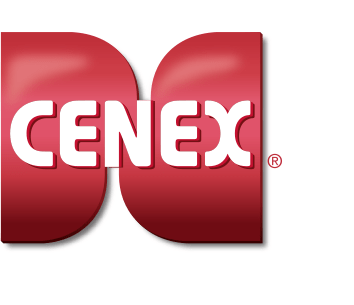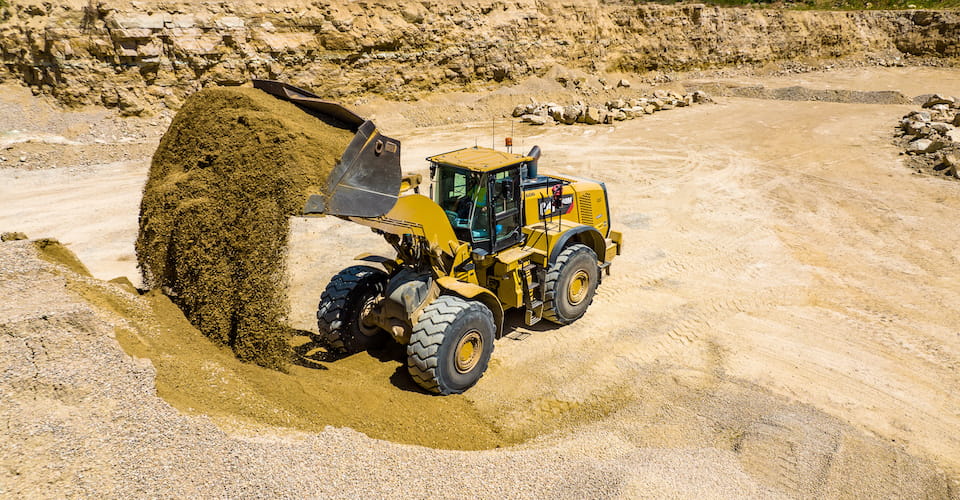
Sure, it’s not a time-traveling DeLorean or a stunt-performing Charger, but the CHS Taurus can do something just about as amazing: run on both propane and gas.
Many people don’t know this, but propane is the most-used alternative fuel in the nation. More than 220,000 vehicles across the U.S. are powered by propane—and that number is only growing and includes more than 13,000 school buses.
Never heard of a car that runs on propane? Also known as autogas or liquefied petroleum gas, propane is a domestically produced, well-established fuel that’s been used in vehicles since the ’70s and ’80s. What’s more, it’s in ample supply—the U.S. is the number one propane producer and exporter in the world.
The way propane vehicles work is similar to conventional, gas-powered cars. Typically, propane is stored in liquid form inside a separate tank and is then either converted to a vapor inside the combustion chamber or injected as a liquid, where it is burned to produce power, just like gasoline.
Although automakers haven’t yet begun manufacturing off-the-shelf propane cars, a variety of conversion kits are available that can be easily installed by a mechanic. These kits, which undergo rigorous testing and must earn EPA approval, can be installed in a truck bed or spare-tire cavity and won’t void a manufacturer’s warranty.

While there are some upfront costs to converting a vehicle to propane, the subsequent savings over its lifetime can more than make up for it. Here are just some of the ways a propane-powered vehicle can put money back in your pocket.
- Fuel savings
When it comes to miles per gallon, propane-powered cars often have fuel economy that is comparable to gas-powered vehicles. But because propane costs less per gallon than gasoline, standard-size vehicles can see thousands of dollars in fuel savings. - Reduced maintenance expenses
Thanks to its high octane rating (104 to 112, compared to 87 to 92 for gasoline), using propane can result in less wear and tear on your engine—meaning you can spend less time in the shop and more time on the road. And because propane burns cleaner, often when the oil is changed, it won’t even appear to be dirty. - Tax incentives
Because propane is a verified alternative fuel under the Energy Policy Act of 1992, it may qualify you for alternative fuel vehicle tax incentives. Regulations change from year to year, but many drivers earn rebates just for filling up on propane.
Propane-powered vehicles deliver virtually identical performance to conventional gas-powered cars, as well as exceptional cold weather performance. And when it comes to going green, propane is one of the most environmentally friendly fuels on the market.
To learn more about how propane can benefit you—whether at home, in the field or, yes, even on the road—contact YOUR LOCAL CENEX DEALER. And to learn more about converting your vehicle to propane autogas, contact CHS Propane Marketing Manager Andy Ernst.












